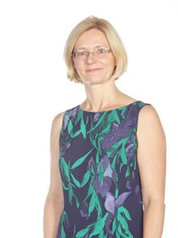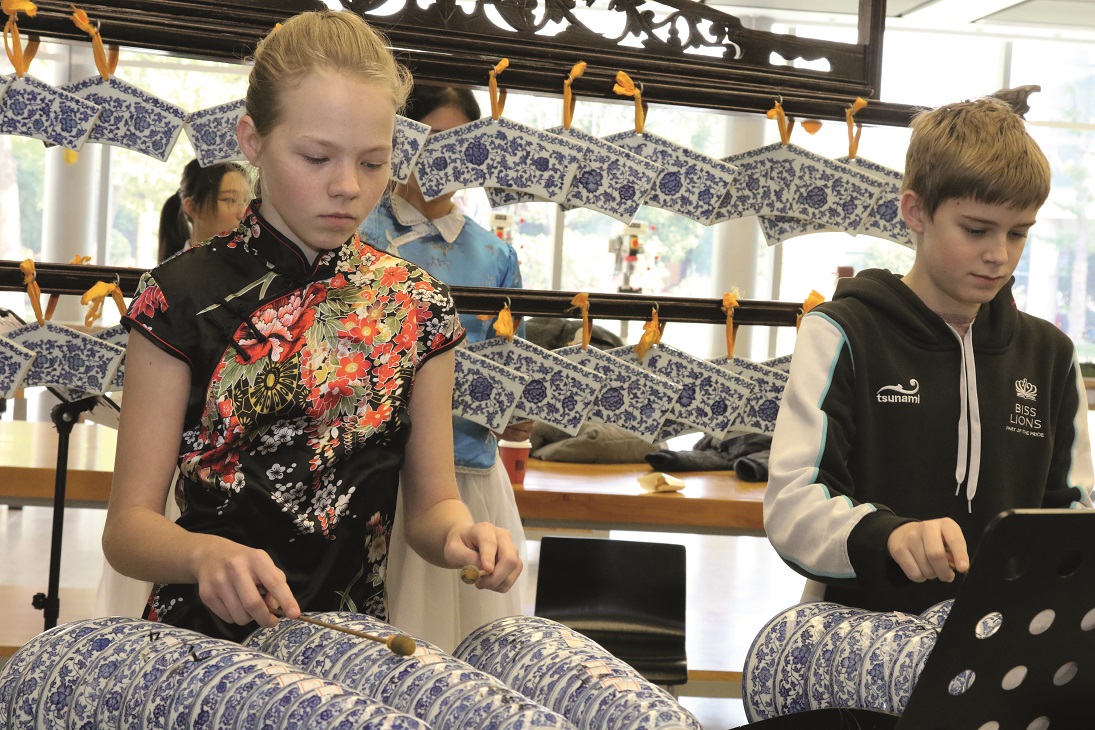We all know the importance of learning Mandarin as part of the curriculum, but what are some other ways Chinese culture can come to life at school?
We posed this question to Shanghai teachers to hear about their experiences connecting students with Chinese culture. They have come back with stories of trips outside the classroom, celebrating significant cultural events and activities that teach students about Chinese history. These efforts provide the children a deeper understanding and appreciation for the country in which they live.
So, as the school year continues and children come together in their multicultural classrooms, let's hear from Fiona McConnon, Head of Global Languages at The British International School Shanghai, Puxi.
 At BISS PUXI, we aim to connect students with Chinese culture from the past and present with a range of learning activities and projects throughout the year.
At BISS PUXI, we aim to connect students with Chinese culture from the past and present with a range of learning activities and projects throughout the year.
Chinese History
In our Year 7 Historical Fiction Project, students first spend a day in Jiading exploring and valuing Chinese heritage. They learn about the Imperial Exam system at the Confucian Temple. They also research every-day ancient life at the Jiading Museum and architecture in the old town. We then hold a China fiction day, where students unlock their creativity and use their research from the Jiading visit to produce an animation of a story from ancient China. The children thoroughly enjoy this project and what they learn. "I had no idea the Imperial Exam system was so strict, and I was interested in how creative the officials were in their cheating!" said one of our Year 8 students.
China Today
Engagement with China today is another key focus of BISS Puxi. In our middle school program, students have a BISS China Passport that includes a range of practical tasks, such as ordering a drink, traveling by taxi, shopping at the market and haggling for clothes. The students practice the interaction in class and then complete these tasks on their own in a real-life setting. A parent or friend records the interaction, and this contributes towards their end-of-year oral assessment. The Passport activities encourage students to use their Chinese in essential situations outside of the classroom and help develop their confidence in using their Mandarin more spontaneously.
Our Year 12 program also enriches the students' engagement with China. To provide research materials for their Written Assignment, they have a day in Suzhou where they carry out surveys, eat local food and visit the Suzhou Museum and The Humble Administrators Gardens.

Image via The British International School Shanghai, Puxi
Bringing the Past and Present Together
Learning about China past and present comes together during our annual Chinese New Year Temple Fair. This festive events includes a dazzling array of singing, dancing and wushu (Chinese martial art) performances, along with a wide range of arts and crafts activities. Last year, over 1,000 parents and pupils enjoyed the dragon dances, our Julliard-inspired orchestras, and choirs. We also showcased a range of bands and individual performances by parents and children of Chinese songs and dances. A key feature was 'fire writing,' where students explored science and Chinese culture by making sparklers and writing messages in the night sky. We also showcased a collaborative musical performance with Jiwang school on a Porcelain Percussion Instrument (瓷乐 cí yuè ).
These activities are aimed at developing our students into confident global citizens with a deeper appreciation for the country in which they are living.
[Cover image via The British International School Shanghai, Puxi; Profile image via Fiona McConnon]
Fiona McConnon is Head of Global Languages at BISS Puxi. She uses western language learning methodologies in her Mandarin teaching to foster enjoyment and confidence in her students. She is extremely dedicated, caring and easy to approach for any questions from students.


















